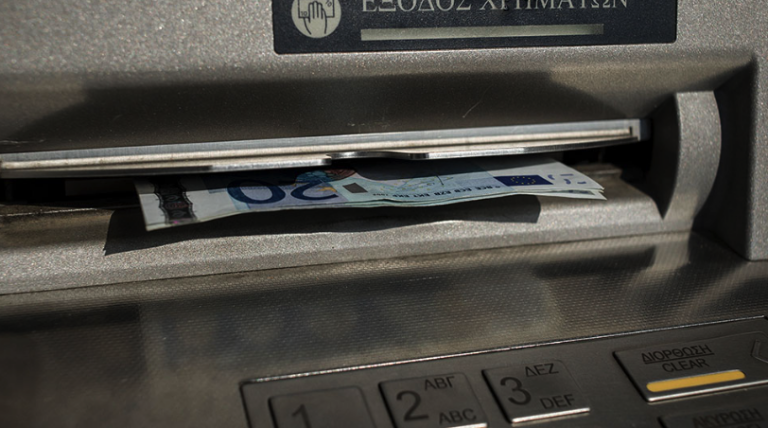A commission on deposit accounts is being worked out by banks in an attempt to increase their revenues.
The new measure will apply to deposit accounts and the amount will be 50 cents per account which means that it will amount to €6 per year.
The charge will only apply to deposit accounts that have the ability to make payments, have debit and credit cards, transfer funds, etc.
It is noted that there will be no charge on ordinary savings accounts, but these will not have the possibility to make payments or use a debit card for withdrawals.
The measure will not apply to ordinary savings accounts which do not have the facility of payment or debit card for withdrawals.
It is recalled that only business accounts have been subject to a monthly charge so far.
Reasons behind the commission:
- Banks expect this move to boost their fee income, which amounts to around EUR 1.5 billion annually and is a small part of their overall operating profits.
- To reduce the operating costs of dormant or zero and real estate accounts, to promote subscription packages.
- Further promote the IRIS interbank transaction system, which offers free and instant payments of up to EUR 500 per day.
- Reform and simplify the tariff list of charges to take more account of the needs of the new digital era.
Although one bank is already implementing it and the others are expected to follow, this move will take time as each bank has a different depositor profile and a different mix of deposit accounts (simple savings, student accounts, payroll, demand/ current accounts, business accounts, etc.).
In addition, the mode of transition will depend on linking the monthly fee to the promotion of other benefits or incentives (e.g. no fee if it is payroll) or by charging only where a value-added service is offered by the bank.
Ask me anything
Explore related questions





